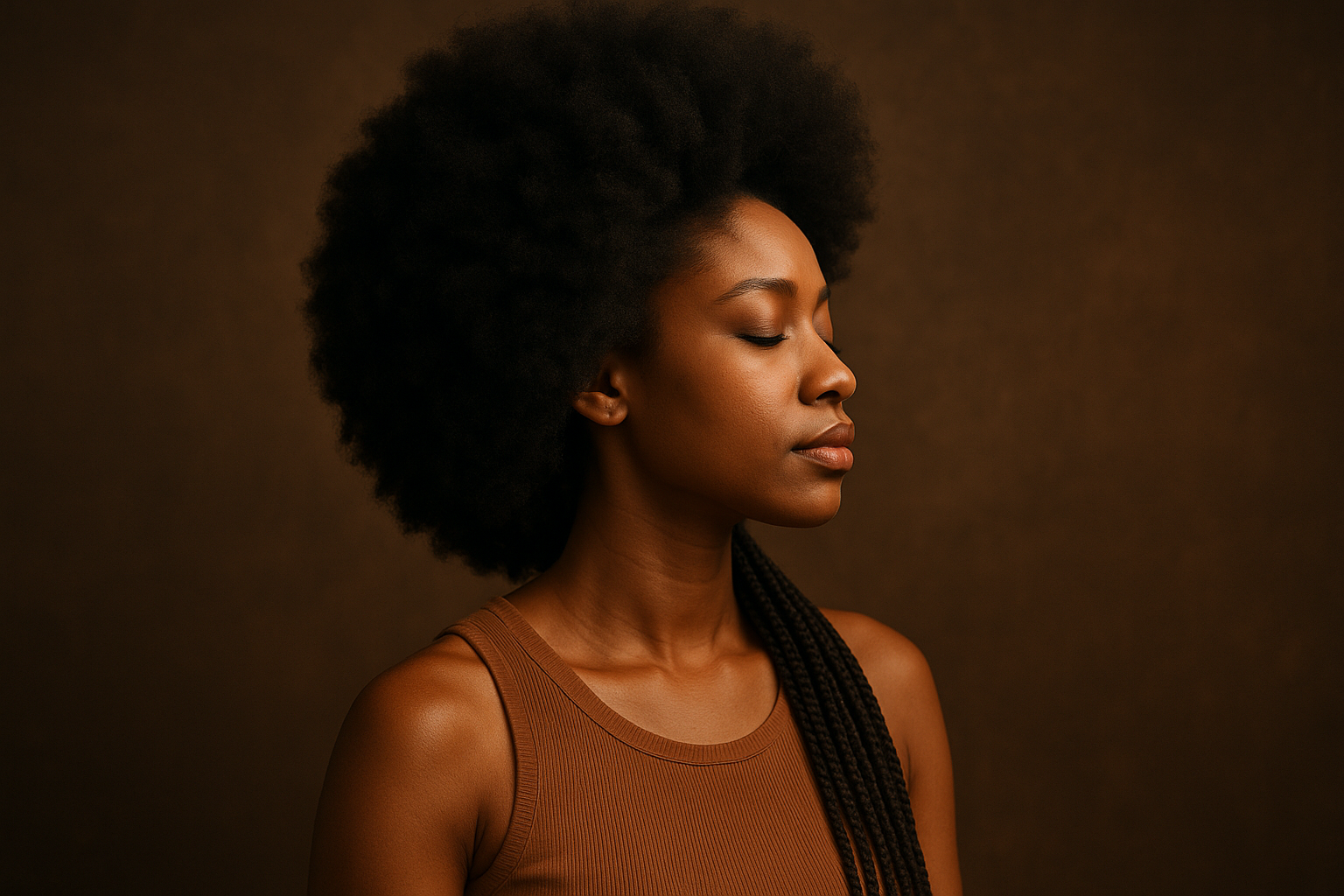The Empowering Significance of Natural Hair in Beauty
The world of beauty is an ever-evolving domain, constantly shifting and adapting to cultural, societal, and individual changes. One aspect that has left an indelible mark is the rise and recognition of natural hair. As we delve into the historical context, the present-day relevance, and the impact of natural hair in the beauty industry, we uncover a powerful narrative of identity, empowerment, and societal transformation.

The Historical Context: Beyond a Style Statement
Historically, the narrative around natural hair has been mired in controversy and discrimination. In the African and African diaspora communities, hair has always been a significant aspect of identity and cultural expression. African hairstyles like cornrows, afros, and braids were not just aesthetic choices but reflections of one’s tribe, social status, and marital status. However, with the advent of colonialism and slavery, these traditional hairstyles were often stigmatized and suppressed, leading to a long-standing culture of hair straightening and relaxing.
This forced assimilation into Eurocentric beauty standards created a damaging narrative around natural hair, often associating it with unprofessionalism and unkemptness. It wasn’t until the Civil Rights movement in the 1960s that natural hair started to regain its significance. The “Black is Beautiful” movement encouraged African Americans to embrace their natural hair and African heritage as a form of resistance against racial discrimination. The Afro hairstyle, in particular, became a potent symbol of Black pride and empowerment.
The Current Relevance: A Shift in Perspective
Fast forward to today, the natural hair movement continues to challenge these outdated beauty standards and advocate for the acceptance and celebration of natural hair. Social media platforms like Instagram and Youtube have played a pivotal role in this resurgence, offering spaces for Black women and men to share their natural hair journeys, tips, and styles.
Moreover, the beauty industry itself has seen a shift in its approach to natural hair. Brands are now recognizing the need for products specifically tailored for natural hair. The rise of Black-owned beauty brands and the increasing representation of natural hair in media and advertising are steps towards a more inclusive beauty industry.
However, the journey is far from over. Despite the progress, natural hair discrimination still exists in many parts of the world, often manifesting in schools and workplaces. This highlights the need for continued advocacy and policy changes, like the CROWN Act in the United States, which prohibits discrimination based on hair texture and protective hairstyles.
The Impact and Reception: More Than a Trend
The natural hair movement is more than a beauty trend; it’s a socio-political statement. It’s a reclamation of one’s identity and a celebration of diversity. The impact of this movement is evident in the increasing number of people embracing their natural hair and the growing demand for natural hair products.
The reception, while largely positive, has not been without its challenges. The movement has faced criticism for potentially creating a new form of beauty standard - the “good hair” narrative, where certain types of natural hair are deemed more desirable. This underscores the importance of promoting a broad and diverse representation of natural hair.
Unique Insights: The Power of Natural Hair
The significance of natural hair goes beyond the beauty industry. It’s a symbol of empowerment, resilience, and cultural pride. It’s a vehicle for challenging societal norms and sparking conversations around diversity and inclusivity. Moreover, it’s a testament to the power of representation - seeing natural hair on mainstream platforms validates and normalizes experiences that were once marginalized.
In conclusion, the narrative around natural hair in the beauty industry is a compelling testament to the power of beauty as a form of self-expression and societal change. It’s a reminder that beauty is diverse, inclusive, and ever-evolving. As we continue to challenge and redefine beauty standards, we pave the way for a more inclusive and empowering beauty narrative.




